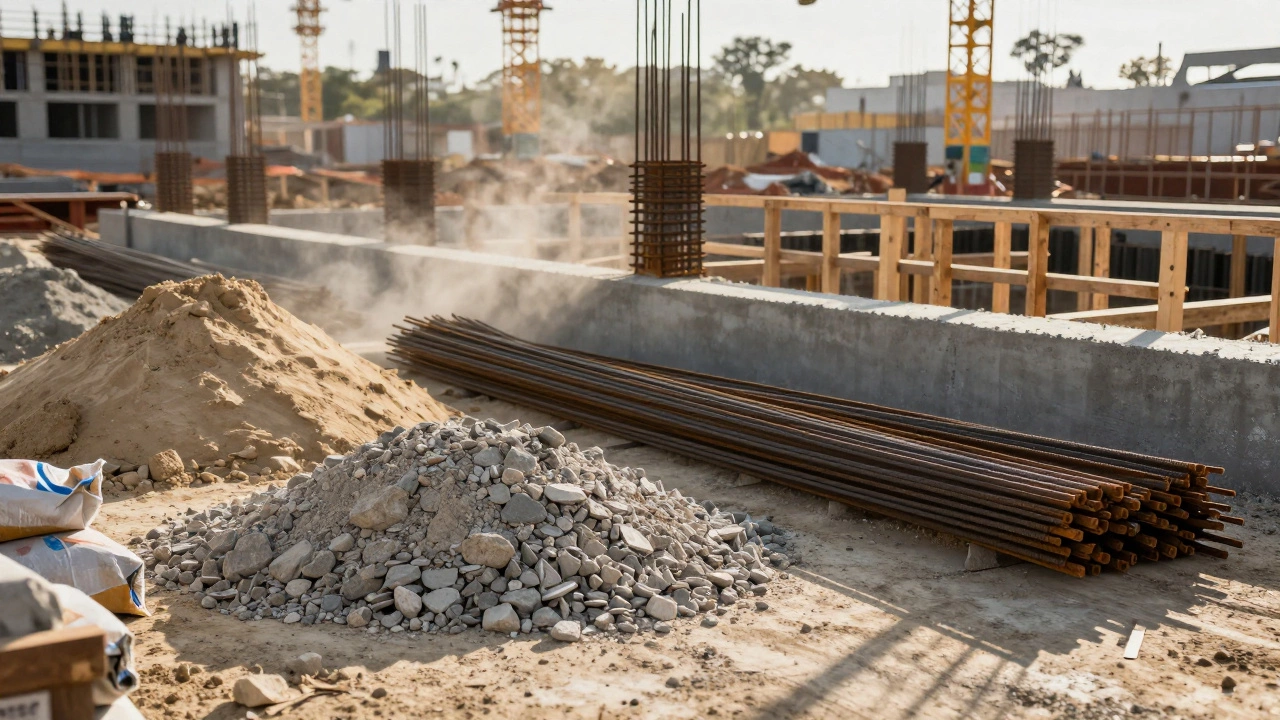Concrete Guide: Practical Tips for Homeowners
Concrete is everywhere – from your driveway to your kitchen floor. It’s strong, but it can crack, stain or wear out if you don’t look after it. This guide gives you quick, easy advice on what to watch for, how to fix common problems and which cement mixes work best for repairs.
Spotting and Understanding Concrete Cracks
Not every crack means disaster. Hair‑line cracks often appear as the slab settles and are usually harmless. Wider cracks, especially those that show on a foundation wall, can signal movement or water damage. To check, run a ruler across the crack and note the width. If it’s over 3 mm or keeps growing, call a professional.
Another clue is the crack pattern. Vertical cracks often come from shrinkage, while horizontal cracks can indicate pressure from soil or water. Knowing the pattern helps you decide if a simple filler will do or if you need a more involved repair.
DIY Repair Basics and Choosing the Right Cement
If the crack is small and not structural, a concrete repair kit works well. Clean the area, wet it, then apply a polymer‑modified cement mix. These mixes stick better and shrink less than regular cement, reducing future cracks.
For foundation repairs you want a high‑strength cement. Look for blends labeled “type II” or “type III” – they have extra silica and cementitious material that gives extra grip. Adding a waterproofing additive can also keep moisture out, which is a common cause of foundation damage.
When you pour a new slab, preparation matters. Make sure the sub‑base is level and compacted, use a vapor barrier, and finish the surface while the mix is still soft. A smooth finish not only looks good but also reduces the chance of cracks forming later.
Regular maintenance extends concrete life. Sweep away dirt, clear leaves and avoid leaving standing water for long periods. Seal the surface every few years with a concrete sealant; it protects against freeze‑thaw cycles and chemical stains.
In summary, keep an eye on cracks, use the right cement mix for the job and seal your concrete regularly. With these simple steps your driveway, patio or foundation will stay solid for years. Need a professional opinion? Give us a call and we’ll walk you through the best solution for your concrete needs.



